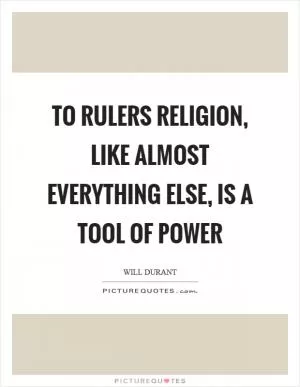History is mostly guessing; the rest is prejudice

History is mostly guessing; the rest is prejudice
Will Durant, a renowned American historian, philosopher, and writer, once famously said, "History is mostly guessing; the rest is prejudice." This statement encapsulates the inherent complexities and challenges of studying and interpreting the past. Durant's words remind us that history is not a static, objective account of events but rather a dynamic and subjective process shaped by the biases and perspectives of those who write it.Durant's assertion that history is mostly guessing highlights the inherent limitations of historical research. Historians often rely on fragmentary evidence, incomplete records, and conflicting accounts to reconstruct the past. In the absence of definitive proof, they must make educated guesses and interpretations based on the available evidence. These interpretations are inevitably influenced by the historian's own biases, assumptions, and preconceptions, leading to a certain degree of uncertainty and speculation in historical narratives.
Moreover, Durant's statement that the rest of history is prejudice underscores the role of bias and subjectivity in shaping historical interpretations. Historians are not neutral observers but active participants in the construction of historical narratives. Their personal beliefs, values, and perspectives can influence the way they interpret and present historical events. Prejudice, whether conscious or unconscious, can distort the historical record, leading to selective interpretations, omissions, and distortions.
Durant's words also serve as a cautionary reminder that history is not a fixed or definitive account of the past but rather a constantly evolving and contested field of study. As new evidence emerges, perspectives change, and interpretations evolve, challenging our understanding of the past and forcing us to reevaluate established narratives.












 Friendship Quotes
Friendship Quotes Love Quotes
Love Quotes Life Quotes
Life Quotes Funny Quotes
Funny Quotes Motivational Quotes
Motivational Quotes Inspirational Quotes
Inspirational Quotes